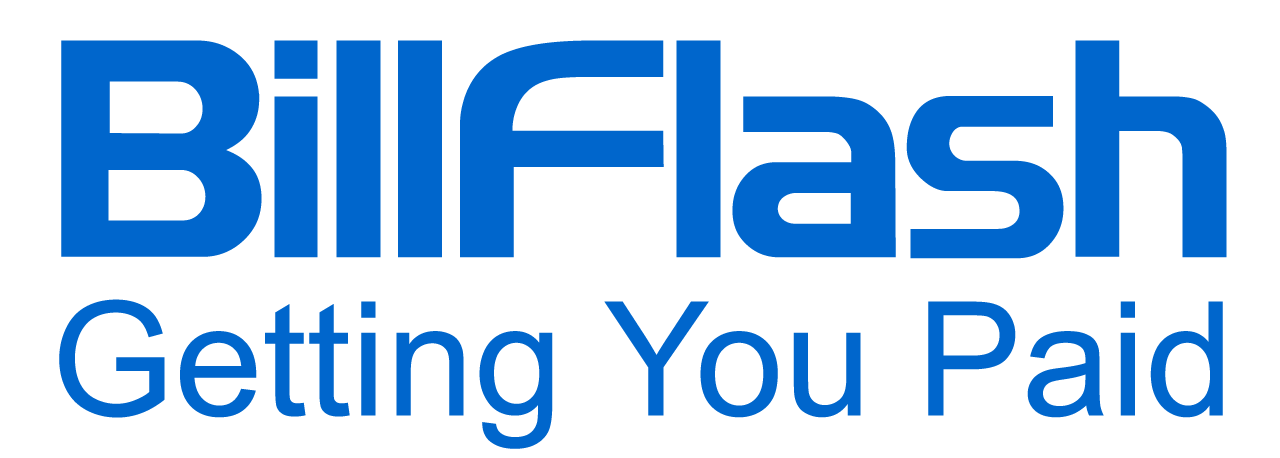Discover everything you need to know about health insurance appeals in this comprehensive guide.
In today's complex healthcare landscape, understanding health insurance appeals is essential for every individual and family. Medical expenses can be overwhelming and often lead to financial strain. That's where health insurance comes in, providing financial protection and coverage for medical services. However, what happens when your health insurance provider denies or doesn't fully cover a medical claim? This is where a health insurance appeal becomes crucial.
Understanding Health Insurance Appeals

Before delving into the process of filing a health insurance appeal, it's important to understand what exactly a health insurance appeal is and why it matters.
When it comes to navigating the complex world of health insurance, policyholders often find themselves facing challenges and obstacles. One such obstacle is the possibility of having a claim denied or receiving less reimbursement than expected. This is where health insurance appeals come into play.
Definition of a Health Insurance Appeal
A health insurance appeal is a formal request made by a policyholder or their representative to challenge a decision made by their insurance provider. This decision can include, but is not limited to, denial of coverage, refusal to pay for a specific treatment, or disagreement on the amount reimbursed for a medical claim.
Imagine this scenario: You have been diligently paying your health insurance premiums, expecting that when the time comes for medical assistance, your insurance will have your back. However, when you submit a claim for a necessary medical procedure, you receive a letter stating that your claim has been denied. Frustration and confusion set in. This is when a health insurance appeal becomes crucial.
Importance of Health Insurance Appeals
Health insurance appeals play a significant role in ensuring that policyholders receive the appropriate coverage and reimbursement for their healthcare needs. These appeals provide a platform for individuals to challenge decisions made by insurance companies and advocate for their rights as consumers. By filing an appeal, policyholders can potentially overturn denials and secure the coverage they deserve.
Let's take a moment to understand the importance of health insurance appeals in more detail. When a claim is denied, it can have serious consequences for the policyholder. It may mean having to pay out-of-pocket for expensive medical treatments or being unable to access necessary healthcare services. This can lead to financial strain, emotional distress, and even compromised health outcomes.
By filing an appeal, policyholders can take an active role in advocating for themselves and their healthcare needs. Appeals provide an opportunity to present additional evidence, medical records, or expert opinions that support the necessity of the denied treatment or service. It allows policyholders to challenge the insurance company's decision and seek a fair resolution.
The Process of Filing a Health Insurance Appeal

Now that we understand the importance of health insurance appeals, let's explore the step-by-step process of filing one.
Filing a health insurance appeal can be a complex and time-consuming process, but it is essential to advocate for your rights and ensure that you receive the coverage you deserve. By understanding the steps involved and being prepared, you can increase your chances of a successful appeal.
Initial Steps in Filing an Appeal
The first step in filing a health insurance appeal is to carefully review the denial letter or explanation of benefits (EOB) provided by your insurance company. This document will outline the reasons for the denial and the specific steps required to initiate an appeal. It's essential to familiarize yourself with the appeal deadlines and ensure that you submit your request within the specified timeframe.
Once you have gathered all the necessary information, the next step is to write your appeal letter. This letter should clearly explain why you believe the denial was incorrect and provide supporting documentation, such as medical records, test results, or physician's notes, to strengthen your case.
It's important to take the time to craft a well-written and persuasive appeal letter. This is your opportunity to present your case and convince the insurance company to reconsider their decision. Be sure to address each point of denial and provide compelling evidence to support your argument.
What to Include in Your Appeal Letter
When crafting your appeal letter, it's important to be concise, yet provide all the necessary details to support your case. Begin by clearly stating the reason for your appeal and reference the denial letter or EOB. Include relevant information, such as your insurance policy number, the date of service, and the specific treatment or claim in question.
Next, provide a detailed explanation of why you believe the denial was incorrect. Use factual evidence and medical documentation to support your argument. Be sure to highlight any medical necessity, prior authorization, or contractual provisions that support your claim for coverage.
In addition to the appeal letter, you may also want to include a cover page summarizing the key points of your case. This can help the insurance company quickly understand the nature of your appeal and the supporting evidence you have provided.
Follow-up Procedures After Filing an Appeal
After submitting your appeal letter, it's crucial to follow up with your insurance company regularly. Stay proactive and keep track of all correspondence, including dates, times, and the names of the representatives you speak with. This will help ensure that your appeal doesn't fall through the cracks and that you are informed of any updates or additional documentation required.
During the follow-up process, it's important to remain persistent and assertive. If you haven't received a response within the specified timeframe, don't hesitate to reach out to the insurance company to inquire about the status of your appeal. Remember, you have the right to know the progress of your case and any further steps that may be required.
In some cases, the insurance company may request additional information or documentation to support your appeal. It's important to promptly provide any requested materials to avoid unnecessary delays. Keep copies of all documents you submit and consider sending them via certified mail or another trackable method to ensure they are received.
Throughout the appeal process, it's important to remain patient and persistent. Appeals can take time, and it may require multiple levels of review before a decision is reached. Stay organized, keep records of all communication, and continue to advocate for your rights until a resolution is achieved.
Types of Health Insurance Appeals
Health insurance appeals can be categorized into two main types: internal appeals and external appeals.
Internal Appeals
An internal appeal is the first level of appeal within your insurance company. During this stage, your appeal is reviewed by a different individual or department from the one that made the initial denial. It's essential to carefully follow the internal appeal process outlined by your insurance provider to maximize your chances of success.
External Appeals
If your internal appeal is denied or not resolved to your satisfaction, you may have the option to pursue an external appeal. This type of appeal involves an independent third party that reviews your case. The rules and availability of external appeals vary depending on your state and the type of insurance plan you have.
Rights and Protections in Health Insurance Appeals
As a policyholder, you have certain rights and legal protections when it comes to health insurance appeals. Understanding these rights is essential for navigating the appeal process.
Patient's Rights in the Appeal Process
One of the most important rights you have during a health insurance appeal is the right to a fair and timely review. Insurance companies are required to provide you with a prompt decision and notify you of the outcome within a specified time period. You also have the right to access your medical records and documentation relevant to your appeal.
Legal Protections for Consumers
Various state and federal laws provide additional protections for consumers during health insurance appeals. These laws ensure that insurance companies operate fairly and cannot deny coverage without justification. They also prohibit insurance companies from retaliating against individuals who exercise their right to file an appeal.
Common Reasons for Health Insurance Denials and Appeals

Understanding the common reasons for health insurance denials can help you navigate the appeal process more effectively.
Coverage Issues
One common reason for denial is related to coverage issues. This can include treatments or services that are deemed experimental or not medically necessary, as well as out-of-network care when in-network options are available. Understanding your insurance policy and its coverage limitations can help you anticipate potential denials and strengthen your appeal.
Billing Errors
Another frequent cause of denial is billing errors. These errors can range from incorrect coding to discrepancies in the billed amount. Carefully reviewing your medical bills and comparing them against the services received can help identify potential billing errors and allow you to address them in your appeal.
In conclusion, a health insurance appeal is a vital tool for policyholders to challenge denials and secure the coverage they need. By understanding the process, types, and rights associated with health insurance appeals, individuals can better navigate the complex world of health insurance and protect their financial well-being.
Going Forward with BillFlash
With BillFlash, practices can go further by optimizing their revenue cycle, efficiently collecting past-due A/R, and providing patients with a convenient and secure payment experience. With a user-friendly interface and industry experts available for all your billing, payments and collections needs, BillFlash is the perfect solution for small practices.

